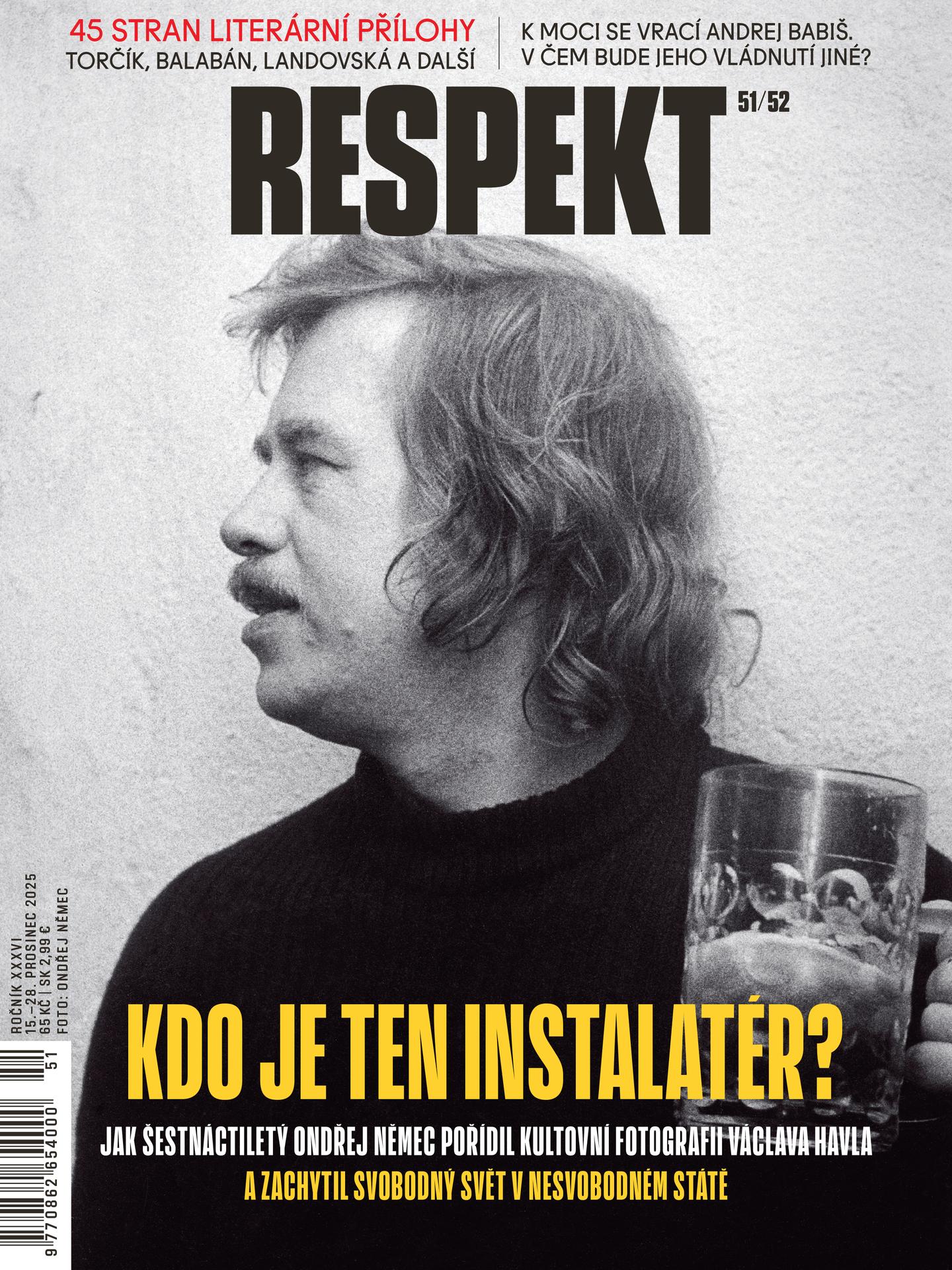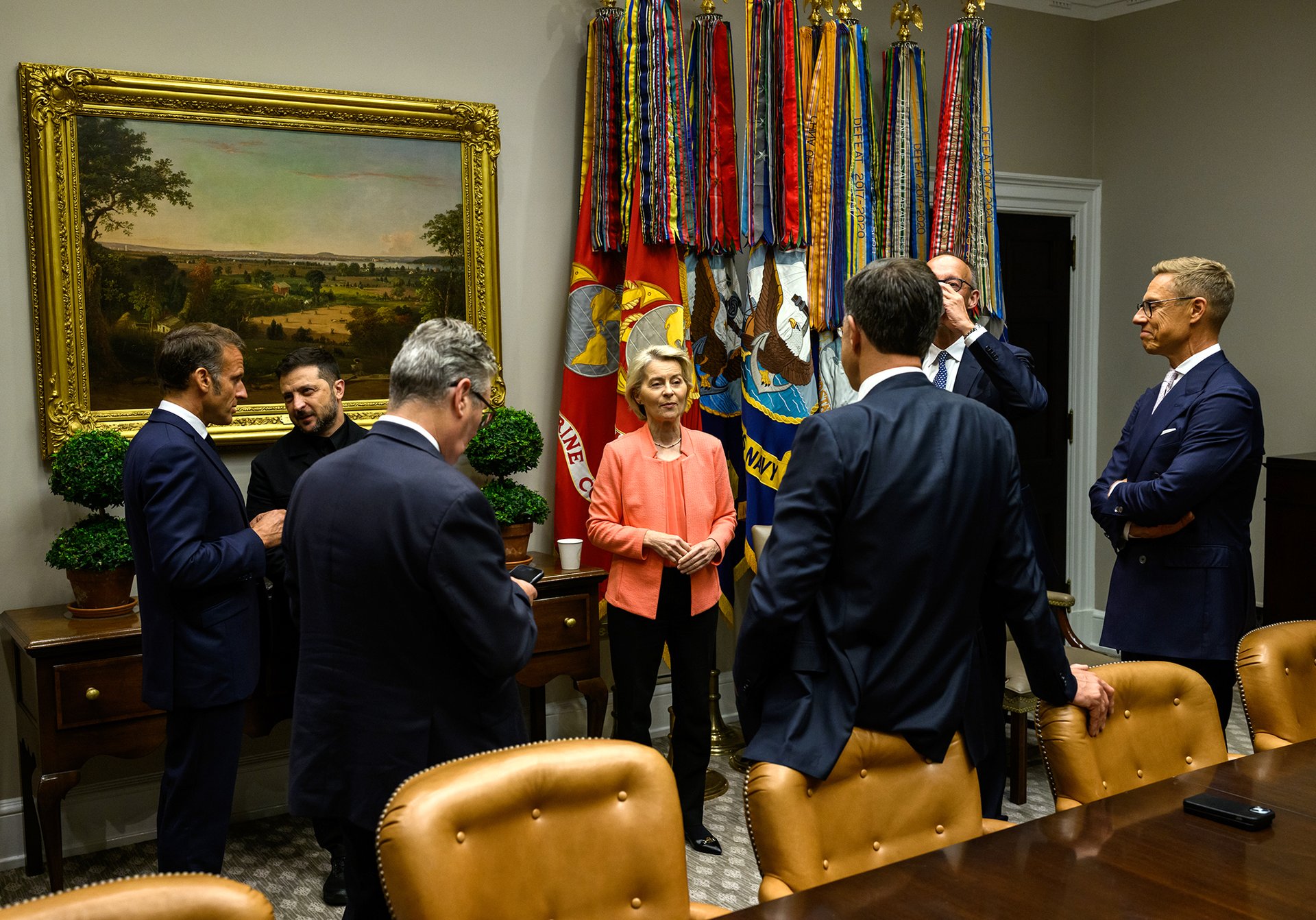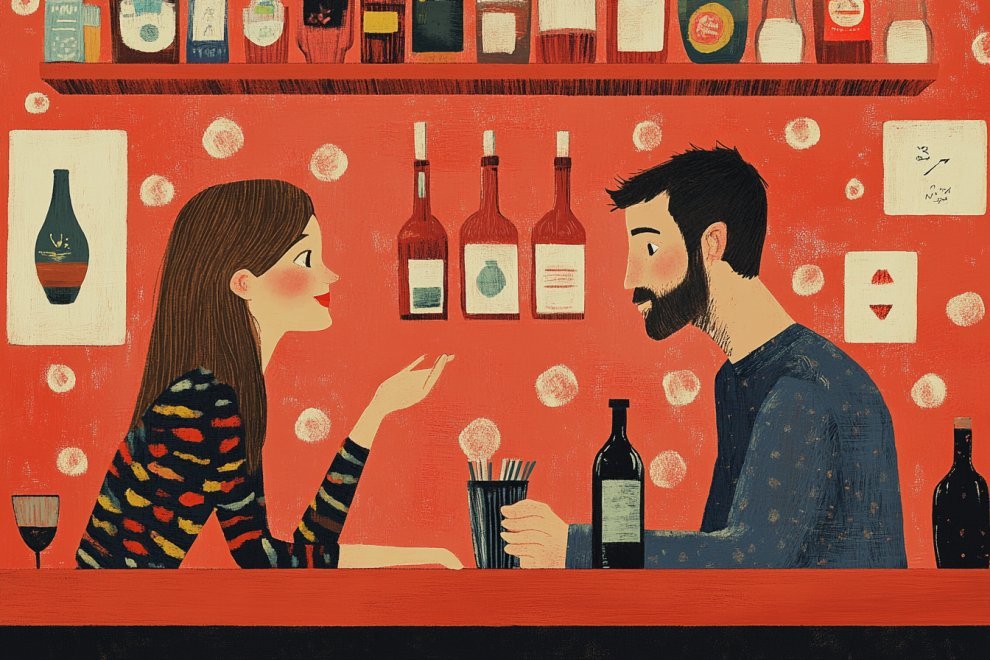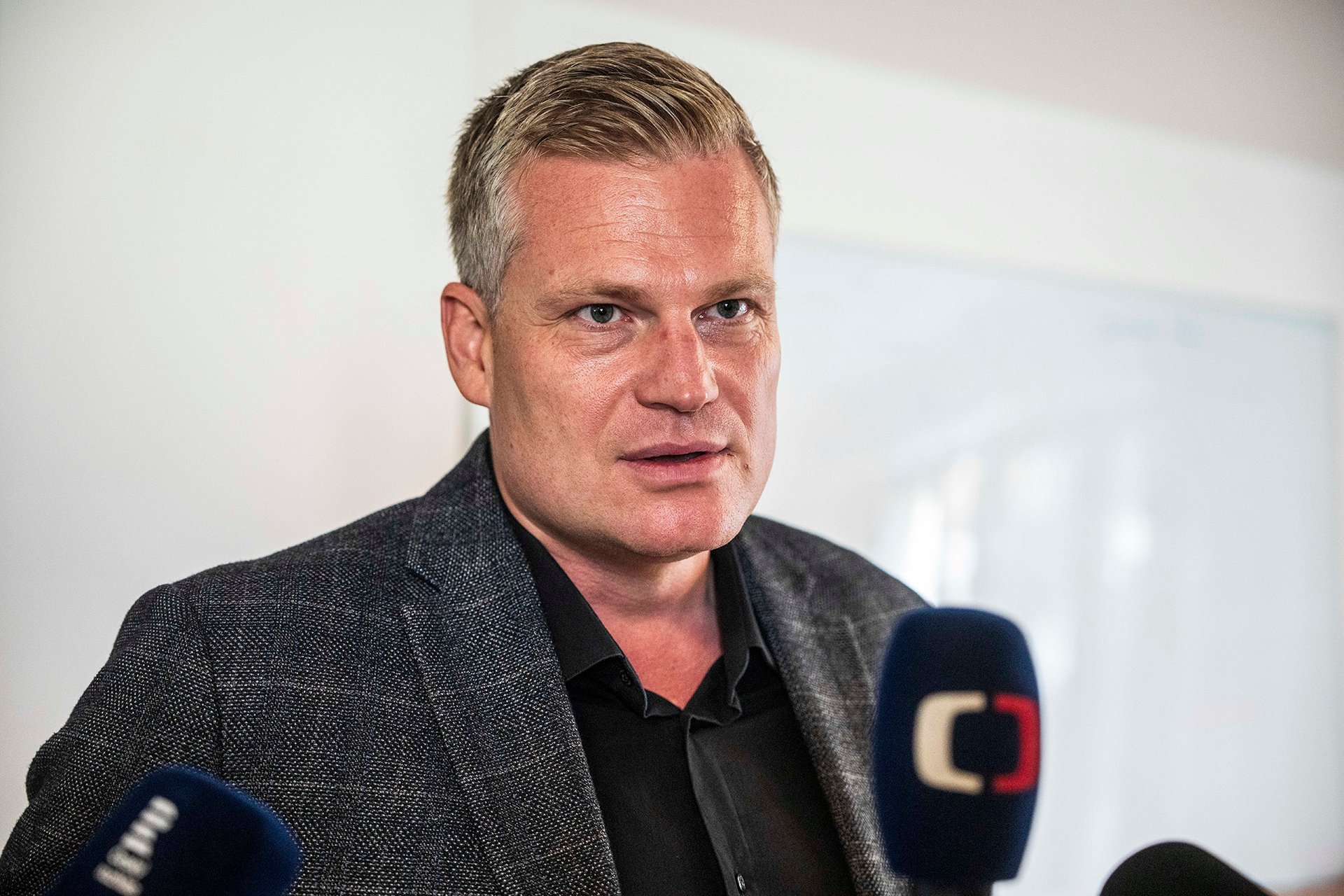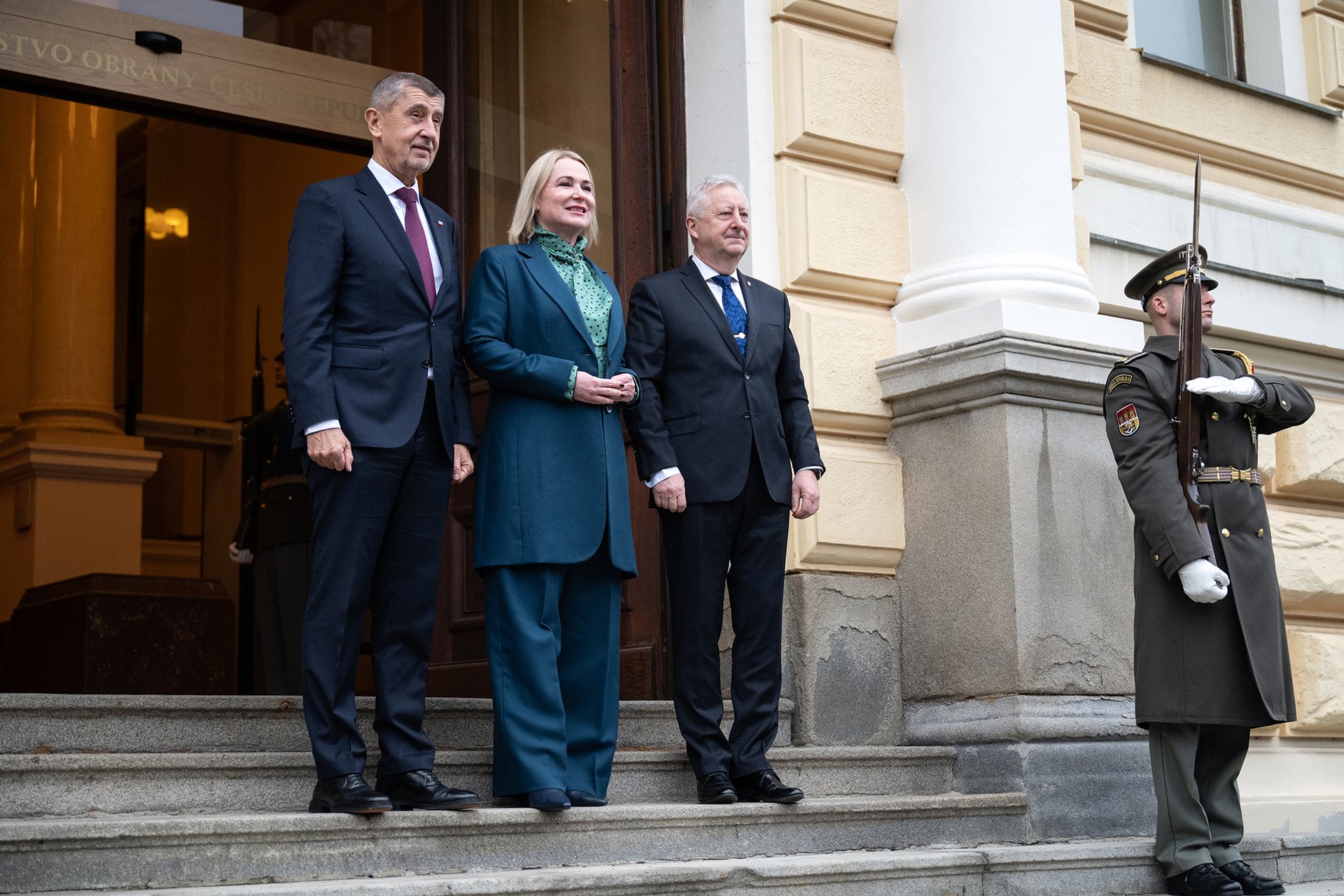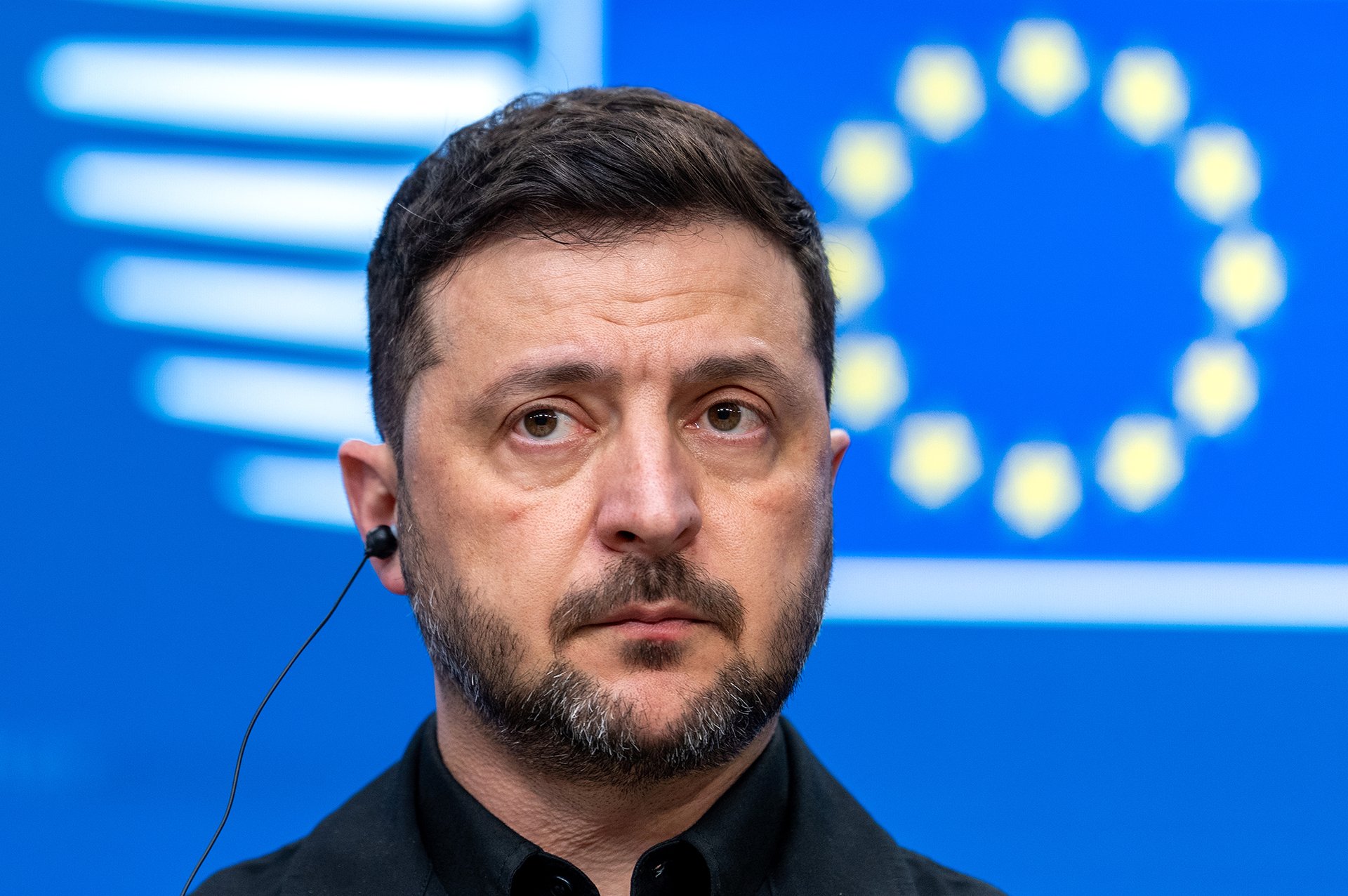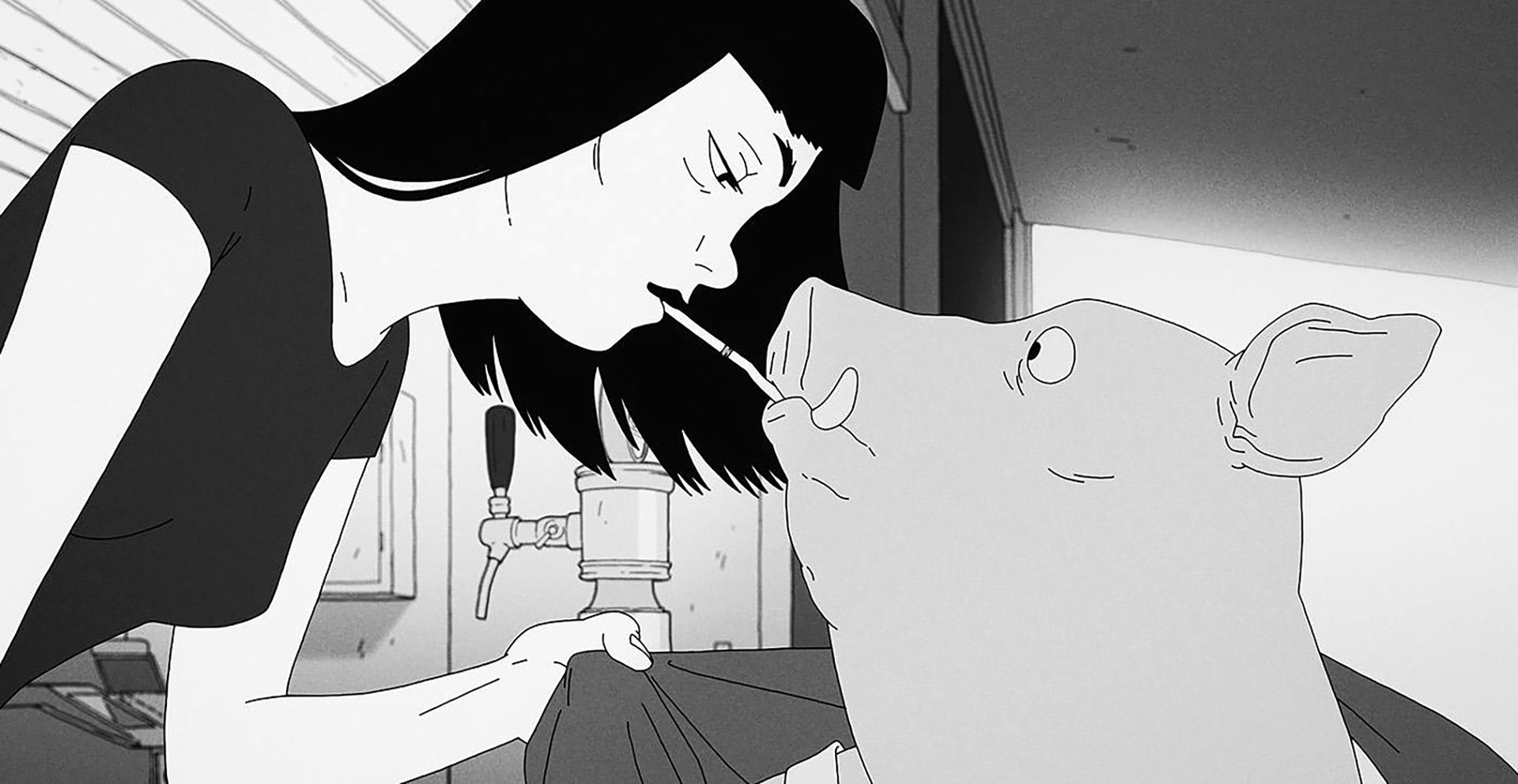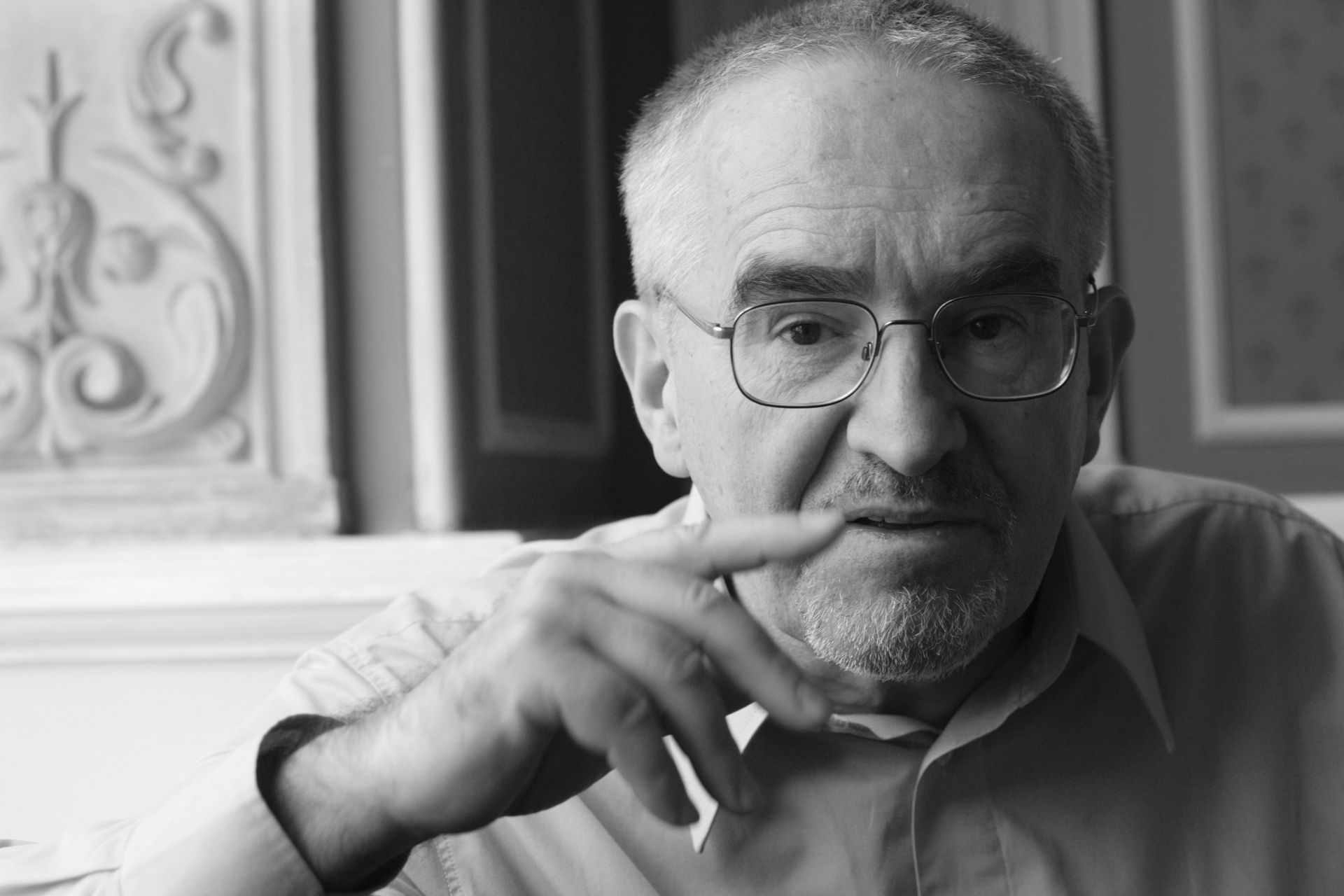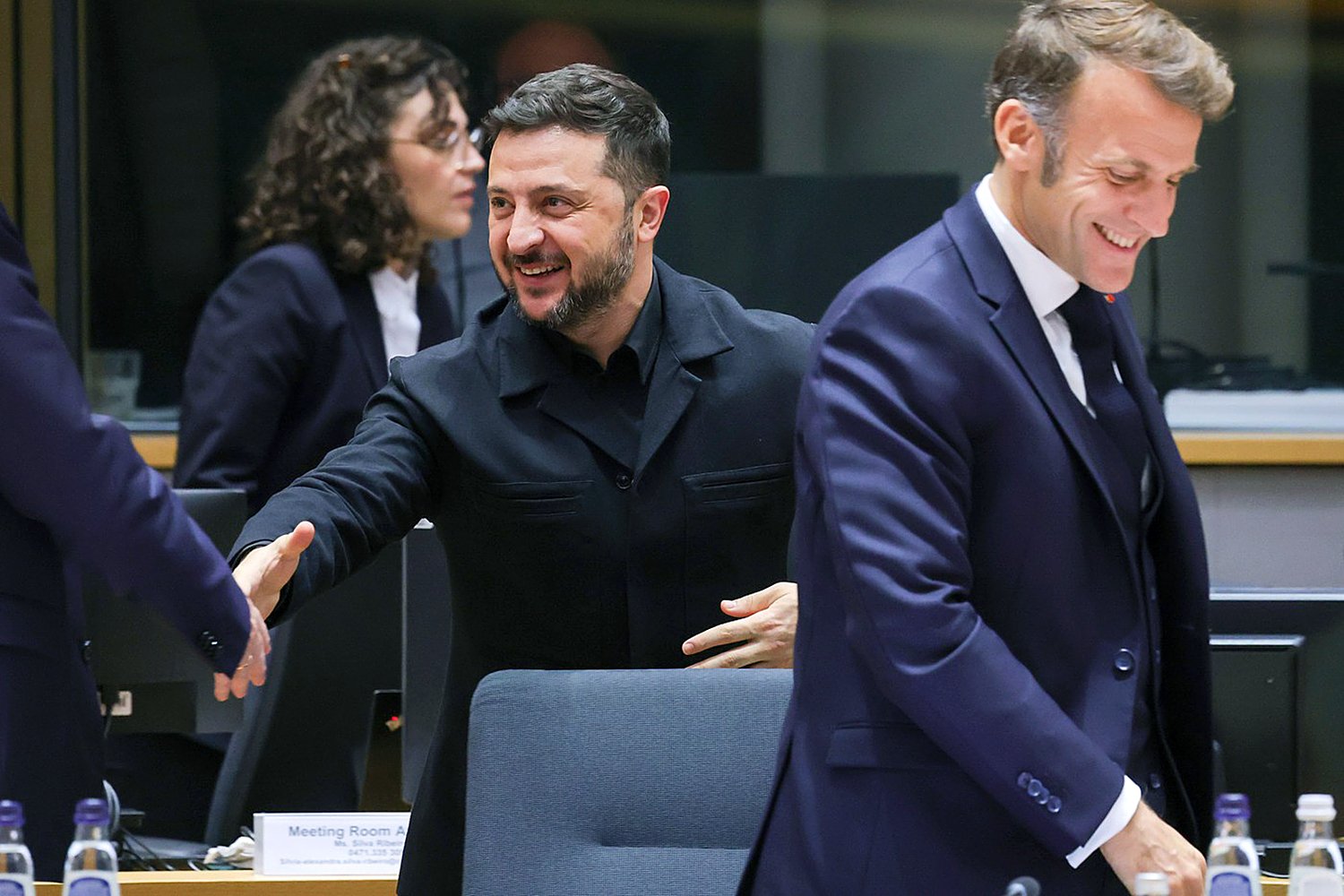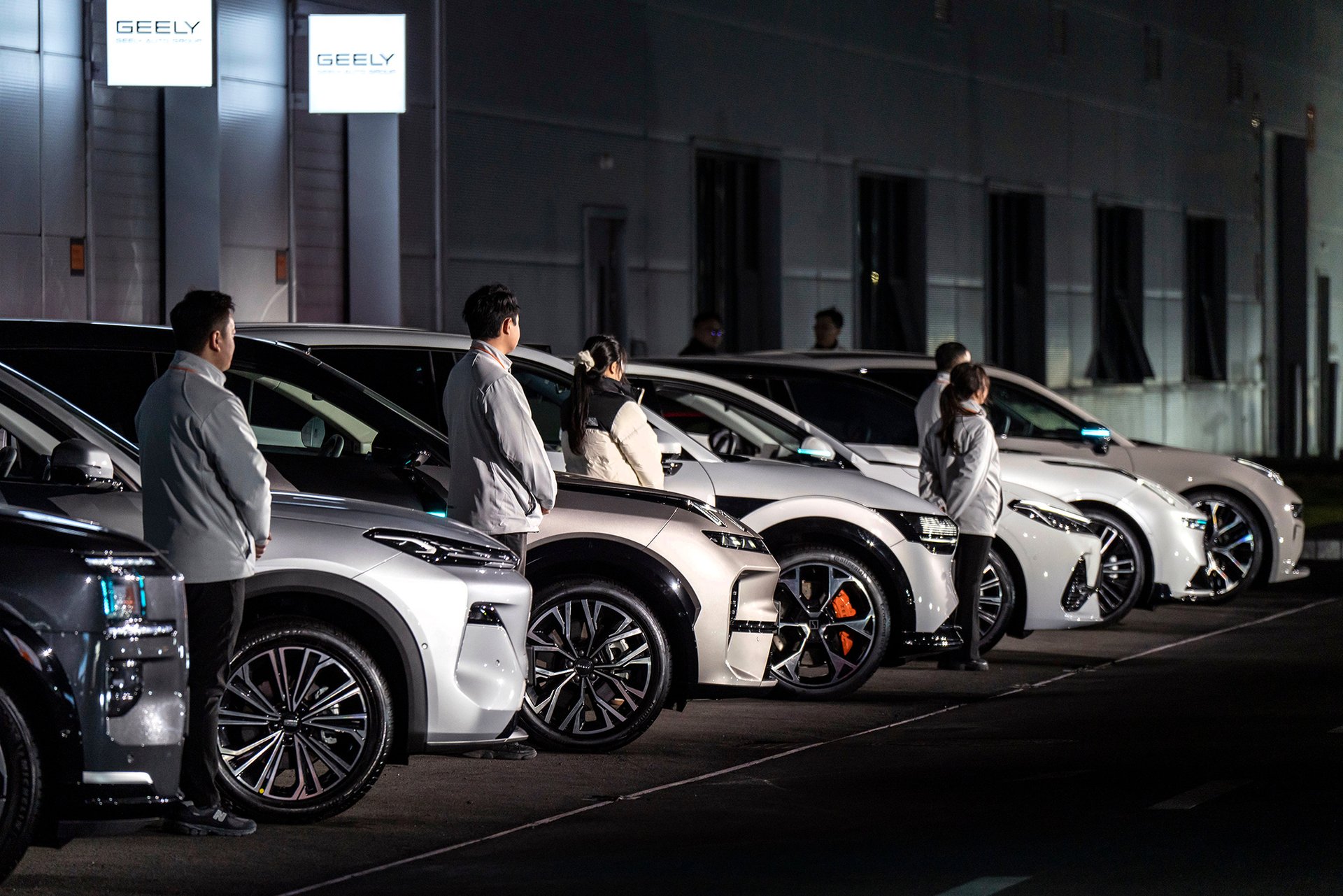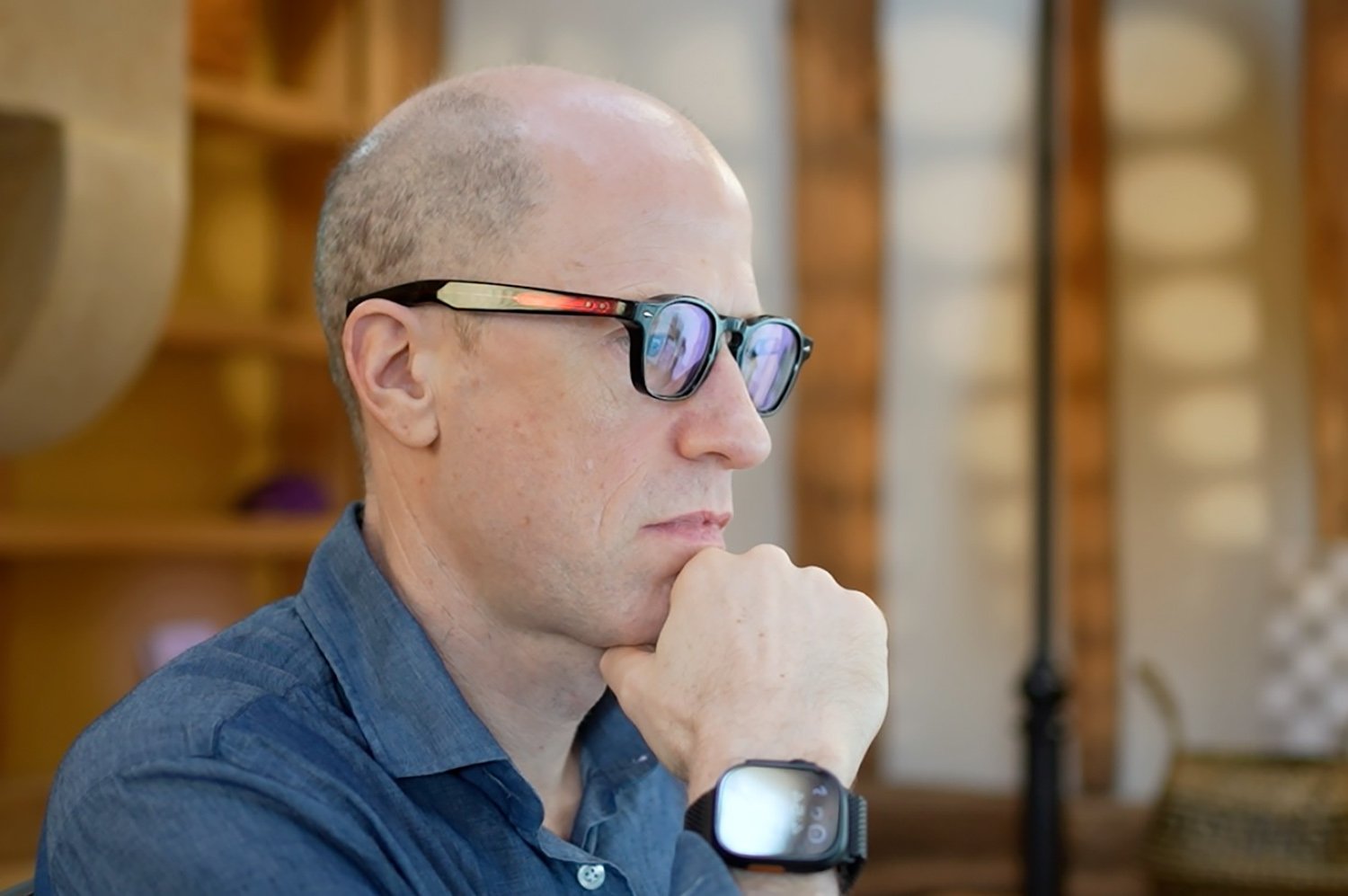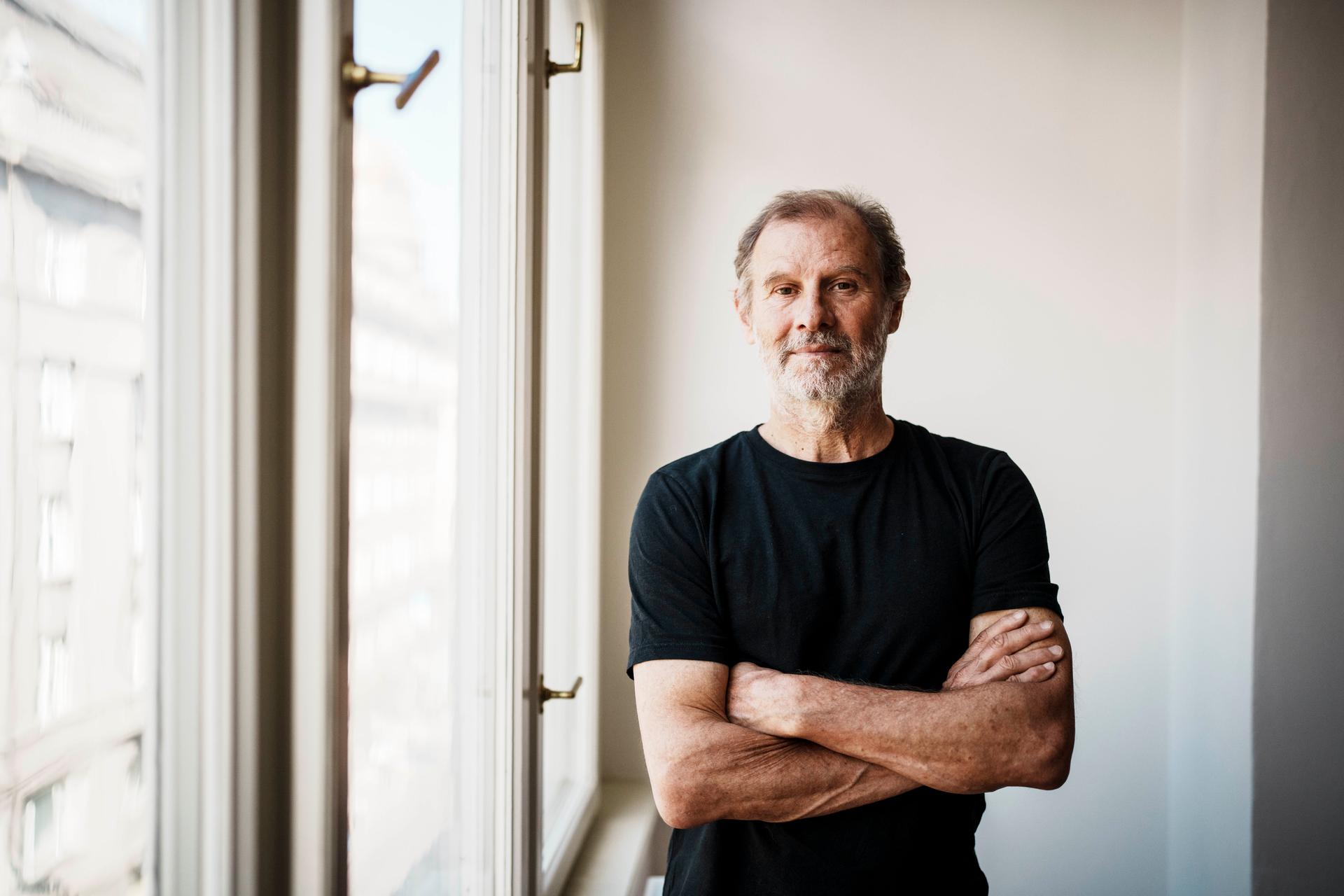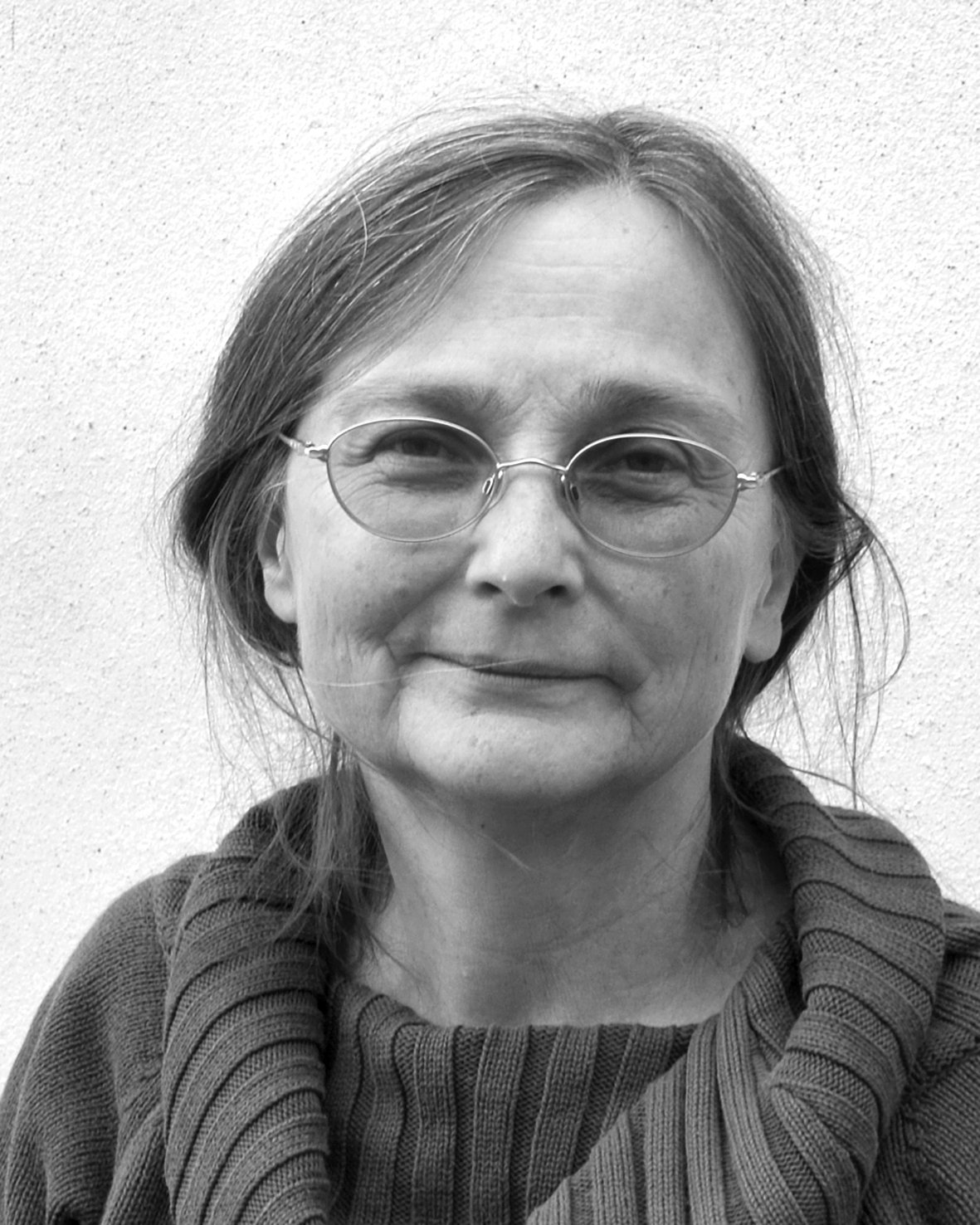Inequality and Its Discontents
Leaders around the world seem to be convinced that inequality and lack of broad participation in economic growth, if allowed to persist, will lead to social discord and even violence. But is inequality the real problem?

Leaders around the world seem to be convinced that inequality and lack of broad participation in economic growth, if allowed to persist, will lead to social discord and even violence. But is inequality the real problem?
As Indian Prime Minister Manmohan Singh put it at the International Conference of Dalits and Minorities, held in New Delhi in December, “Even as absolute poverty may be reduced by growth, inequalities can get sharpened. This can be politically and socially extremely destabilizing.” So India must “take steps that reduce social and economic inequalities, without hurting the process of growth and without reducing the incentives for individual enterprise and creativity.”
Likewise, at the World Economic Forum in Davos in January, Brazilian President Luiz Inácio Lula da Silva said,“ It will be through economic growth, job generation, and income distribution that we will live in a peaceful world.” He then urged lower barriers to agricultural exports to help the poor in developing countries.


Such arguments have the ring of common sense. If people believe that they will share in overall economic growth, they should be more likely to support social peace. If they do not, unrest will become more likely.
However, social scientists have found it difficult to prove that point. In fact, some statistical analyses of the correlation between inequality and social conflict conclude that there may even be an inverse relationship: societies that are more unequal tend to show less conflict, because the rich are better able to control the poor.
There is some evidence that social unrest follows from inequality. The economists Alberto Alesina and Roberto Perotti have shown that, after controlling for several other factors, high-inequality countries do tend to have more social instability, as measured by, say, the number of politically motivated assassinations or the number of people killed in conjunction with domestic mass violence.
Nevertheless, one wonders why the evidence that inequality causes social unrest is not stronger.
One part of the problem may be that it is not always inequality per se that causes social discord, but also how inequality is perceived to have come. Unrest may reflect more a sense of betrayal – that others are not living up to their implied promises or are not behaving honorably.
Indeed, a sense of trust in others’ intentions is central to a functioning economy. Lawyers write a lot of contracts, and courts spend a lot of time enforcing them, but these institutions cannot cover everything. Most economic relationships depend on good will, a basic inclination to do the right thing even if no one is checking.
Trustworthiness is hardly universal. But the business world is built on our intuitive knowledge of when we can trust people fairly well and when we can’t trust them much at all. We design contracts around imperfect trustworthiness and construct elaborate institutions that take account of the hills and valleys of human honor. When these function well, we have a general sense that, even though people are not always trustworthy, basic fairness prevails.
An article by Ernst Fehr at the University of Zurich and Alexander Klein and Klaus Schmidt at the University of Munich in the January 2007 issue of the journal Econometrica shows how people design economic relationships based on their knowledge of the circumstances in which people are trustworthy.
In their experiments, subjects, acting as employers, were asked to choose among types of employment contracts and then observe the outcomes when other subjects, acting as employees, responded. The employers initially trusted the employees to work hard without specific incentives, and quickly learned that, without such incentives, many employees would shirk.
But the employers also quickly learned that the best kind of employment contract is one that offers employee not just a fixed contract, but also the possibility of a bonus, a sort of gift for good performance that is outside of any contract provisions. Employees learned in the experiments that employers largely could be trusted to give such bonuses as a reward for hard work, even though no one could hold them formally accountable if they selfishly refused.
Thus, a sort of free gift exchange between employer and employee emerged from these experiments, not any rigid or formulaic employment contract. One may infer that such informal arrangements survive in real-world employment relationships because they reinforce our heartfelt feelings of good will toward each other.
By contrast, when inequality is perceived as the result of a breakdown in trusting relationships, it can lead to bitterness, and, ultimately, social unrest. This frequently occurs in times of rapid economic change. For example, in a rapidly globalizing world, people may have to leave their long-term employers, with whom they have built a sense of trust, or it may be their supervisors who will have to be replaced. In such cases, inequality may be perceived more intensely, for people may link it with the loss of good will.
What Singh, Lula, and other world leaders really seem to want is to strengthen trust and cooperation even amidst a rapidly changing economy. If they succeed in devising policies, laws, and incentives that achieve this, a byproduct would likely be a reduction in inequality, which one hopes would reinforce the improved sense of trustworthiness.
Robert J. Shiller is Professor of Economics at Yale University, Chief Economist at MacroMarkets LLC, which he co-founded (see macromarkets.com), and author of Irrational Exuberance and The New Financial Order: Risk in the 21st Century.
Copyright: Project Syndicate, 2007.
www.project-syndicate.org
Pokud jste v článku našli chybu, napište nám prosím na [email protected].

